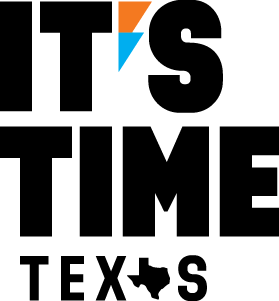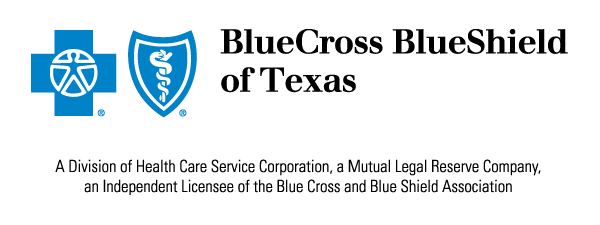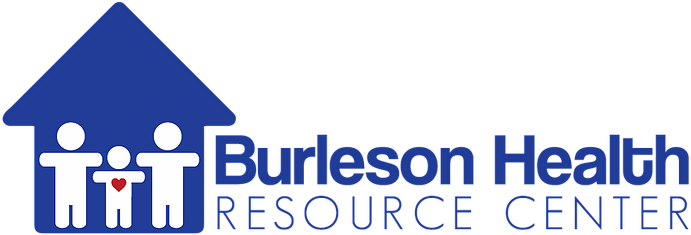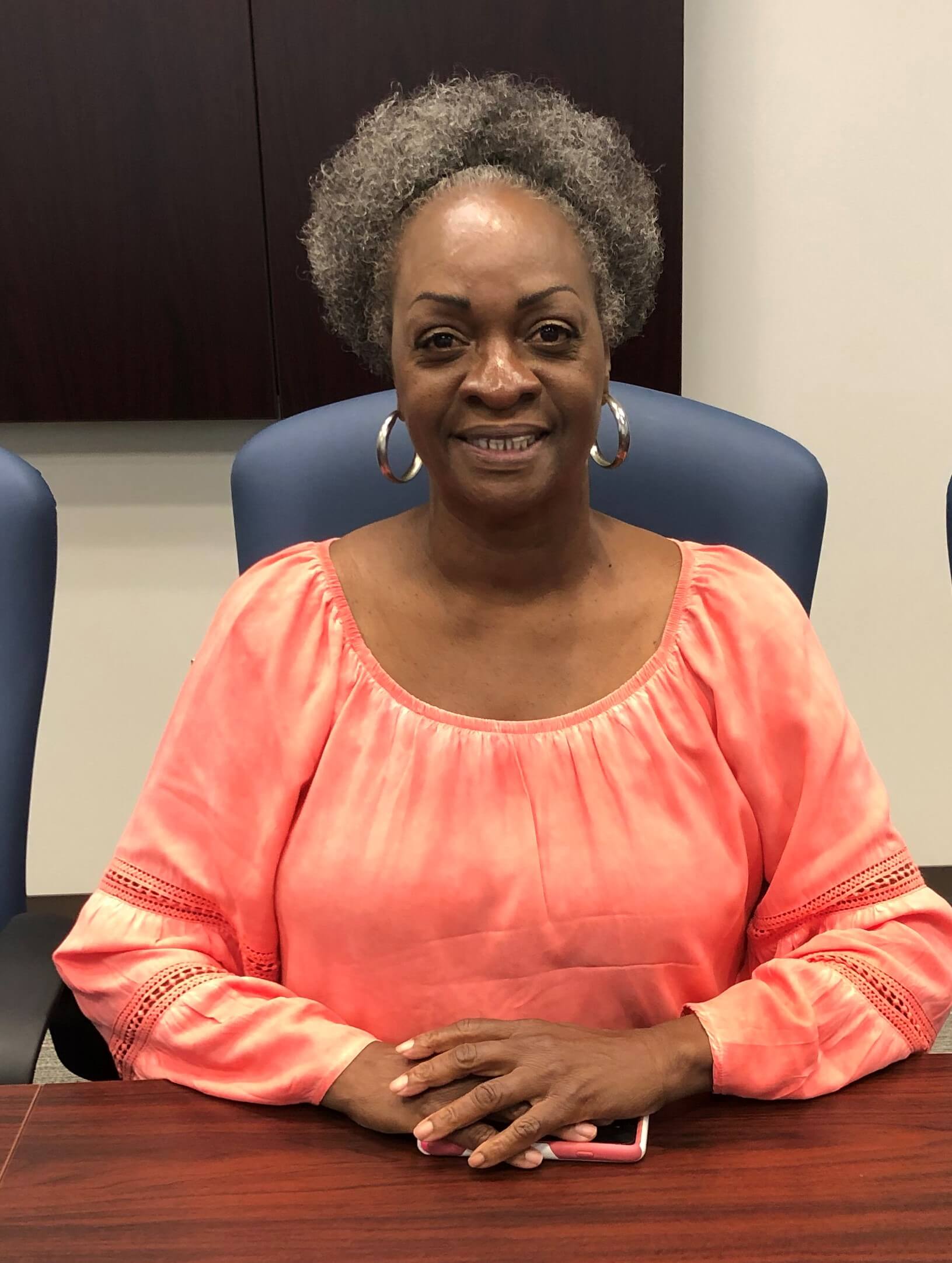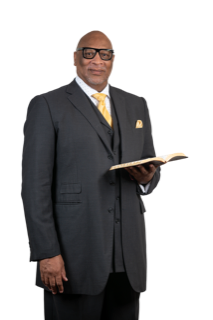Meet Burleson Health Resource Center (BHRC):
Delivering more residents to licensed dependency counseling as transportation access increases for Brazos-Valley patients.
Quick Facts:
- Until just a few months ago, Burleson County had no LCD counseling available for its 19,000 residents. Those in need would have to travel 35+ miles to Bryan-College Station, which would often create hardship for many who experience unemployment and transportation challenges.
- Throughout the project, BHRC will track the number and source of referrals per month, the number of counseling sessions and group sessions provided per month and, the number of clients per month who successfully complete counseling and receive a certificate.
- One major goal of the project is to increase the number of drivers from three to four and to increase driving hours to up to 100 per month.
- The BHRC LCD program receives on average two new clients per week, and currently sees the needs of transportation for residents every day.
The Project
The Burleson Health Resource Center is using the Collaborative Innovations for Community Health (CICH) funding to support and expand its capacity to deliver much needed counseling services of a Licensed Dependency Counselor (LCD) and provide transportation to more country residents. The goal is to increase the number of hours LDC can be available to deliver counseling to residents of Burleson County from 20 hours a week to 40 hours per week. Furthermore, the plan is to expand the Resource Center’s capacity to deliver transportation services in Burleson County by increasing driving hours from part-time to full-time for the hired drivers.
The CICH grant will allow BHRC to better serve low-income residents of Burleson Country who are without health insurance and are in need of substance misuse counseling by allowing us to offer 20 more hours per week of counseling services, and offer more opportunities for elderly, disabled, low-income, and medically-challenged individuals to have access to transportation that will allow them to keep their medical and social service appointments.
“I think that the Health Resource Center is the embodiment of what health equity means. The Center’s aim is to ensure ALL residents of Burleson County, ALL, have access to the help they need. That’s the overarching goal. When somebody calls and they need help, I don’t care what the issue is, we are always going help. We are going to respond to what the community needs—always. When it comes to health equity, the doors are open to everybody and they will stay open to everybody. We don’t care, if you need help, you’ve come to the right place. Period. End of story.”
– Albert Ramirez, Executive Director, Burleson County Health Resource Center Commission
The Major Impact
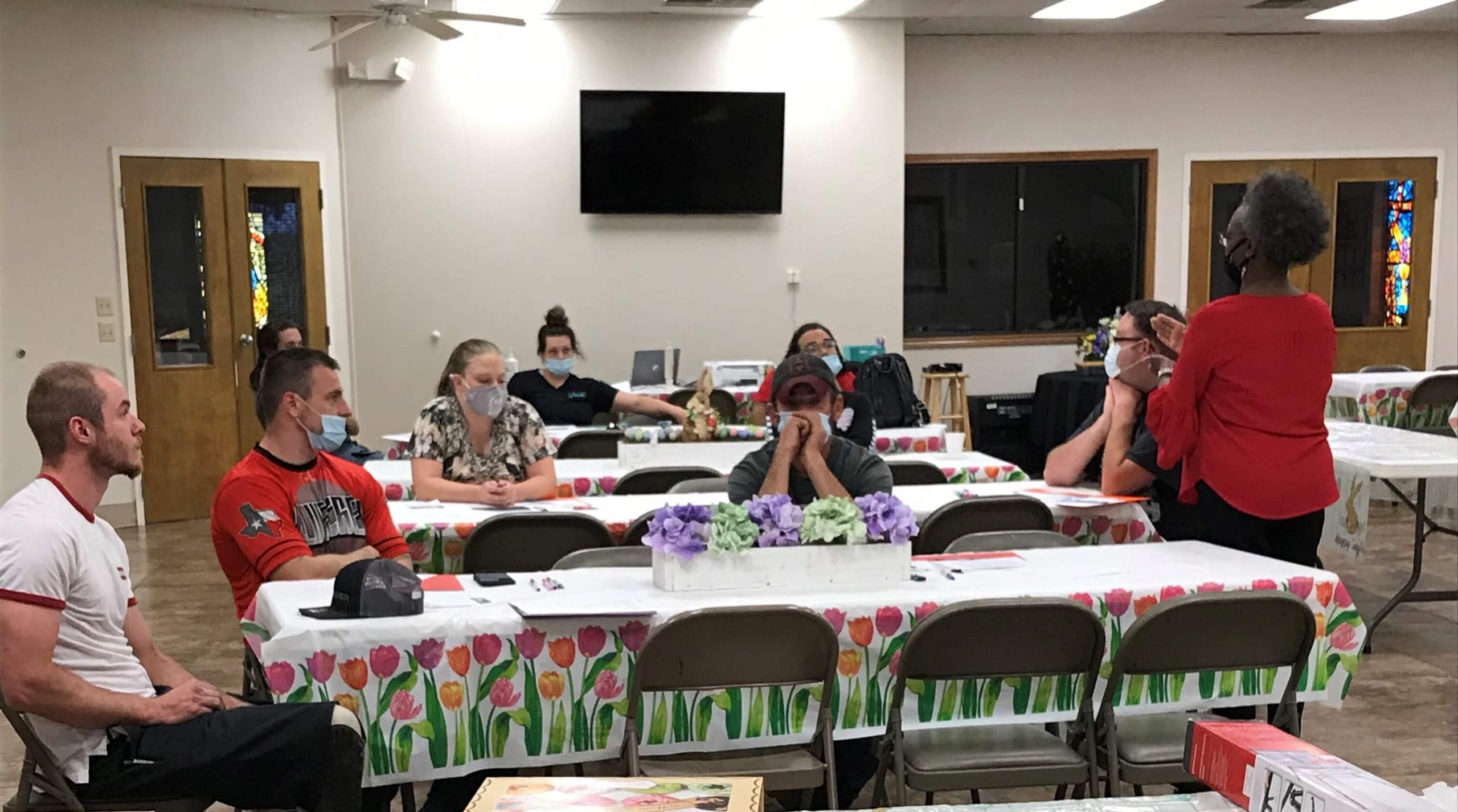 Anyone residing in Burleson County is eligible to receive services through BHRC. Set up in 2004, the Center helps all residents to gain access to a wide array of services, including resources for aging, housing, domestic violence, substance abuse, and more. The Center works with various partners throughout the area to ensure everyone can receive help when asking for it.
Anyone residing in Burleson County is eligible to receive services through BHRC. Set up in 2004, the Center helps all residents to gain access to a wide array of services, including resources for aging, housing, domestic violence, substance abuse, and more. The Center works with various partners throughout the area to ensure everyone can receive help when asking for it.
BHRC collaborates with the county, the superintendents in the schools, churches, counselors, nonprofits, local organizations, and anyone else who may have the availability to help—whether that’s with educating on prevention, getting medical care for a patient, or checking in post-services. BHRC connects with partners and stakeholders to help residents.
The funding will support the two specifics discussed earlier: LCD and transportation services. The need for these two specific services in Burleson County is high, and with the CICH funding, Burleson Health Resource Center feels it won’t only make a large impact by helping community members with their hardships, but also believes they are trailblazing the path by highlighting the need for these two specific services and generating awareness among partners and other organizations who are unaware of the hardships and social determinants in the area. BHRC is truly the first of its kind within the county to help their residents with these types of resources and is leading the way to fight for health equity in their rural community.
